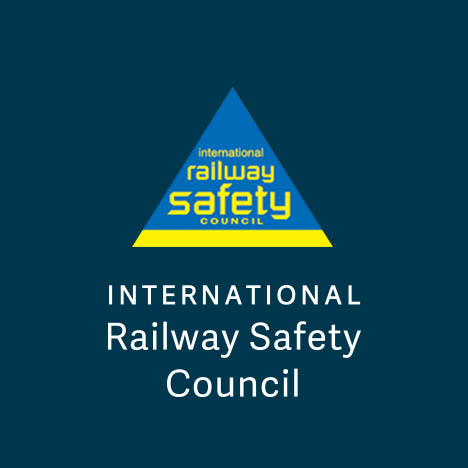October 14 is Japan’s Railroad Day as the first railroad in Japan opened between Shinbashi and Yokohama on that day in 1872. And year 2022 marked the 150th anniversary of the opening of the railroad. The number of railroad users, however, has declined due to the population decline in rural regions and the mode change to privately owned cars at a pace that exceeds the rate of population decline nationwide. Due to the spread of the corona infection, it became an “unacceptable level of significant deficit”, and highlighting the disadvantages of privatization.
Under such circumstances, February 14, 2022, the first meeting of the Ministry of Land, Infrastructure, Transport and Tourism (MLITT) “Study Group on Renovating Regional Mobility through Collaboration between Railway Business Operators and Regions” was held, and the proposal was made at the 5th meeting (July 2022).
In the meeting, the MLITT study group announced the cost per kilometer traveled by railway and bus for the first time and revealed that 5,354 yen for railway (JR) while 491 yen for buses nationwide, which is less than one-tenth of the cost for railways.
At the MLITT study group, there is an opinion that “JR companies, which have taken over profitable routes such as the Shinkansen and accumulated a large amount of internal reserves, should not use the temporary decline in revenue and profit due to the corona crisis as a reason for abolishing or reducing railway route. Instead, the companies should try to maintain and improve the convenience of transportation services indispensable to the region.”
On October 11, 2022, in accordance with the recommendations of the MLITT’s study group, it was reported that the Liberal Democratic Party’s railroad parliamentary union and bus parliamentary union will work to create a new law that the government will support by setting standards for the maintenance and abolition of railways and other routes. And the bill was passed “those who are summoned to the Reconstruction Council must basically respond to the council unless the MLITT approves.” Therefore, we must change our mindset and strengthen our relationship with the local community to participate in the council.
Looking at the current business situation, which has returned to profitability with the fixed rate a railway that is needed from, assets inherited from the National Railways and the scheme at the time of JR’s inauguration, the abolition of the easy lossmaking route that pursues only profits will lead to the decline of the region and the disappointment of the residents. It provokes resentment. We will make proposals aimed at railways based on the premise of safety that residents, users, and employees will understand and be favorable to them.

